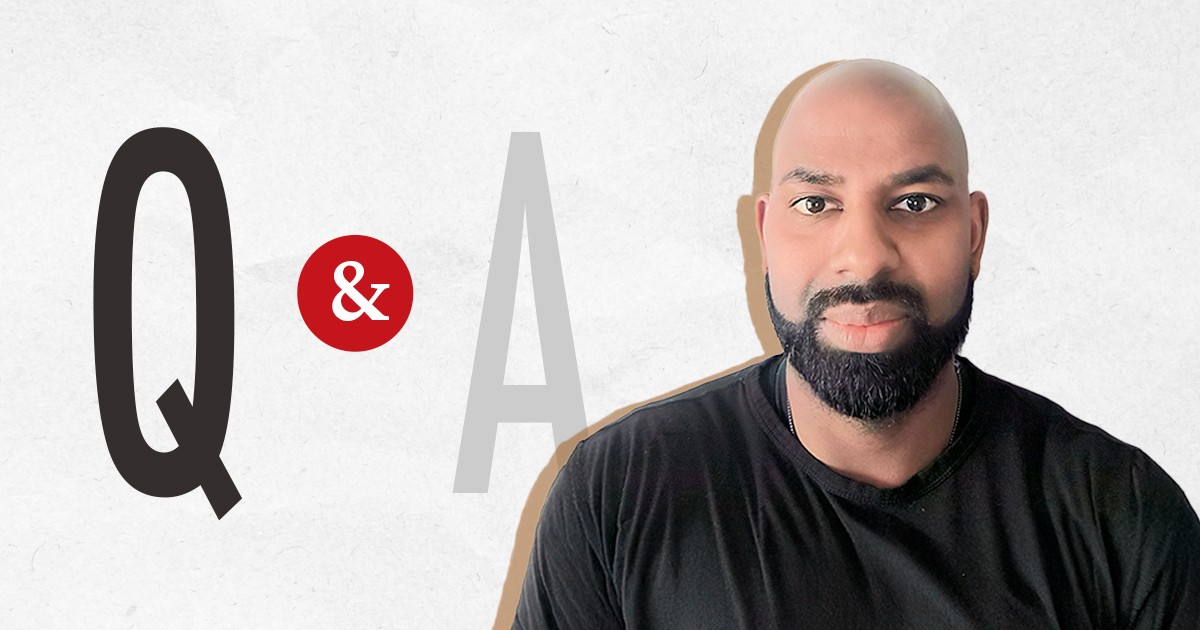What makes life worth living? This is the question at the heart of a new movie, Me Before You, adapted by Jojo Moyes from her earlier novel and directed by Thea Sharrock. The film, which explores life after loss, is drawing harsh criticism for what it says about disability.
Me Before You centres on the unlikely romance between Louisa “Lou” Clark (Emilia Clarke) and Will Traynor (Sam Claflin). Lou lives in a working-class town and is desperate for a job to support her family. Will, a bright young man from a wealthy family, is a quadriplegic after being hit by a motorcycle. His family is looking for someone to assist him, and although she has no experience working with a person with a disability, Lou takes the job.
Will's accident has left him brooding, having taken away his independence and completely changing the trajectory of his life—a life he had loved. He has not left his apartment in a long time and has become bitter, sarcastic and demeaning.
Lou is a quirky, fun-loving person whose cheerfulness eventually breaks through Will's darkness. She truly—and somewhat naively—believes that love can transform his feelings of hopelessness, and tries to show him that he can have a beautiful life again.
Will sees great potential in Lou and enjoys it when, in her attempt to engage him in fun activities, she does things she has never done before—attending a classical music concert, watching movies with subtitles, travelling. Her life is completely transformed by this relationship and she slowly becomes emotionally attached to Will. Unable to see his past, Lou can imagine a bright and happy future for him. But Will, remembering his “perfect life” and overwhelmed by the profound impact of his disability—his physical pain, fragile body and dependence on others—cannot see a positive future.
Me Before You raises the questions: “Is a disabled life worth living?” and “What creates value in a person's life?” Will's new fragility opens his eyes to the many inconveniences that people with disabilities live with every day—taxi drivers who refuse to carry a wheelchair, getting stuck in the mud and needing strangers to help, the embarrassment of having someone feed you in public. “I am not the kind of man who can accept a life like this,” he says, and seeks to end it. Lou tries desperately to change his mind.
This story highlights the barriers that people with disabilities face in our world today—barriers of acceptance and value. Will was born into a society that valued him because of his charm, wealth, athleticism, education, intelligence, good looks and, most importantly, independence. Human life is often valued, or not, based on what a person can accomplish or achieve. People who look or act differently do not always feel accepted by others.
In Canada, we have legislated that all buildings must have ramps to create accessible spaces, but how do we legislate internal “ramps” to the human heart? How do we create acceptance and exclude judgment? Too often, people feel sorry for those who are different. For Will, pity is unacceptable.
In a recent interview with CBC Radio, Jean Vanier, the founder of L'Arche, a network of communities for people with intellectual disabilities, spoke about the physician-assisted dying law before Canadian Parliament. “There's a fundamental sickness in our society,” he says. “Something in society that's going wrong when we [are] thinking all the time that people have to be perfectly independent, perfectly strong, where in reality, we need each other.
“Lawmakers should also realize that the human being, we're born in weakness, and we die in weakness. And that we're all vulnerable. And that we all always need help. A society needs to encourage opening up our hearts to those who are weaker and more fragile.”
While I can't speak for those who are in intense physical pain and mental suffering, it's important to remember that we are all here together. We each have gifts from God and we all have strengths and weaknesses.
Living as part of a L'Arche community, where people with disabilities are supported and have found places of belonging where they can share their gifts, I have experienced the profound value and sacredness of their lives. Gifts of relationship, kindness and friendship are important for our world and are a much-needed counterpoint to the greed, selfishness and hunger for power we sometimes mistake for success.
In the end, Me Before You sends the message that a disabled life is not worth living. It devalues people with disabilities, ignoring the gifts they offer and suggesting they have no place in the mosaic of our communities.
Warren Pot is the director of development at L'Arche Daybreak in Richmond Hill, Ont.
Me Before You centres on the unlikely romance between Louisa “Lou” Clark (Emilia Clarke) and Will Traynor (Sam Claflin). Lou lives in a working-class town and is desperate for a job to support her family. Will, a bright young man from a wealthy family, is a quadriplegic after being hit by a motorcycle. His family is looking for someone to assist him, and although she has no experience working with a person with a disability, Lou takes the job.
Will's accident has left him brooding, having taken away his independence and completely changing the trajectory of his life—a life he had loved. He has not left his apartment in a long time and has become bitter, sarcastic and demeaning.
Lou is a quirky, fun-loving person whose cheerfulness eventually breaks through Will's darkness. She truly—and somewhat naively—believes that love can transform his feelings of hopelessness, and tries to show him that he can have a beautiful life again.
Will sees great potential in Lou and enjoys it when, in her attempt to engage him in fun activities, she does things she has never done before—attending a classical music concert, watching movies with subtitles, travelling. Her life is completely transformed by this relationship and she slowly becomes emotionally attached to Will. Unable to see his past, Lou can imagine a bright and happy future for him. But Will, remembering his “perfect life” and overwhelmed by the profound impact of his disability—his physical pain, fragile body and dependence on others—cannot see a positive future.
Me Before You raises the questions: “Is a disabled life worth living?” and “What creates value in a person's life?” Will's new fragility opens his eyes to the many inconveniences that people with disabilities live with every day—taxi drivers who refuse to carry a wheelchair, getting stuck in the mud and needing strangers to help, the embarrassment of having someone feed you in public. “I am not the kind of man who can accept a life like this,” he says, and seeks to end it. Lou tries desperately to change his mind.
How do we legislate internal “ramps” to the human heart? How do we create acceptance and exclude judgment?
This story highlights the barriers that people with disabilities face in our world today—barriers of acceptance and value. Will was born into a society that valued him because of his charm, wealth, athleticism, education, intelligence, good looks and, most importantly, independence. Human life is often valued, or not, based on what a person can accomplish or achieve. People who look or act differently do not always feel accepted by others.
In Canada, we have legislated that all buildings must have ramps to create accessible spaces, but how do we legislate internal “ramps” to the human heart? How do we create acceptance and exclude judgment? Too often, people feel sorry for those who are different. For Will, pity is unacceptable.
In a recent interview with CBC Radio, Jean Vanier, the founder of L'Arche, a network of communities for people with intellectual disabilities, spoke about the physician-assisted dying law before Canadian Parliament. “There's a fundamental sickness in our society,” he says. “Something in society that's going wrong when we [are] thinking all the time that people have to be perfectly independent, perfectly strong, where in reality, we need each other.
“Lawmakers should also realize that the human being, we're born in weakness, and we die in weakness. And that we're all vulnerable. And that we all always need help. A society needs to encourage opening up our hearts to those who are weaker and more fragile.”
While I can't speak for those who are in intense physical pain and mental suffering, it's important to remember that we are all here together. We each have gifts from God and we all have strengths and weaknesses.
Living as part of a L'Arche community, where people with disabilities are supported and have found places of belonging where they can share their gifts, I have experienced the profound value and sacredness of their lives. Gifts of relationship, kindness and friendship are important for our world and are a much-needed counterpoint to the greed, selfishness and hunger for power we sometimes mistake for success.
In the end, Me Before You sends the message that a disabled life is not worth living. It devalues people with disabilities, ignoring the gifts they offer and suggesting they have no place in the mosaic of our communities.
Warren Pot is the director of development at L'Arche Daybreak in Richmond Hill, Ont.










Leave a Comment